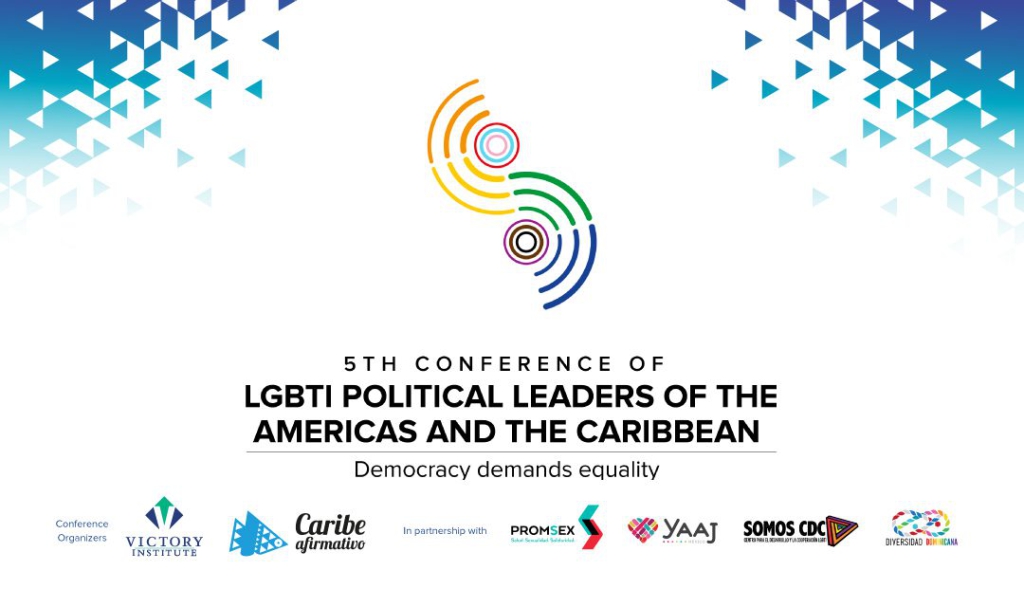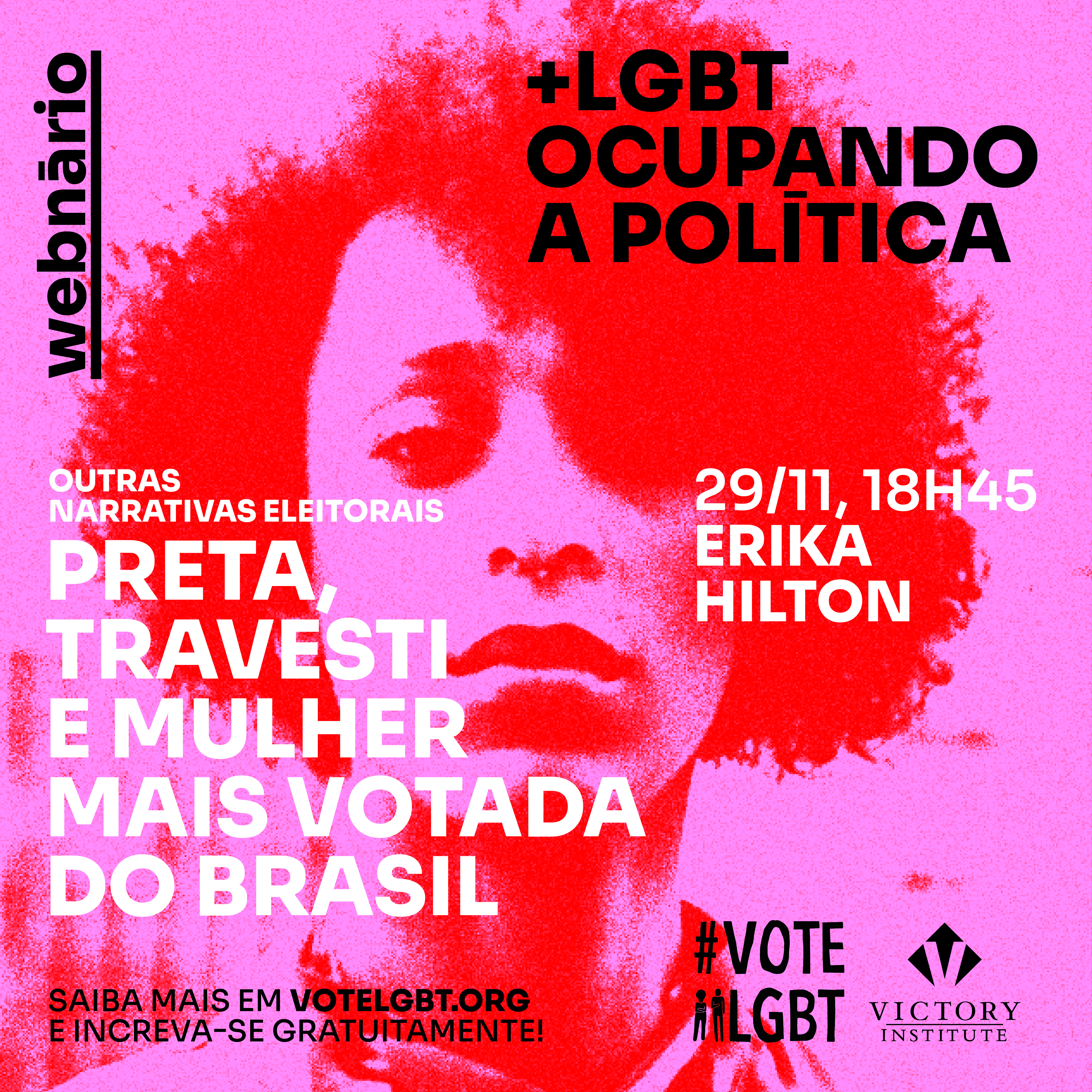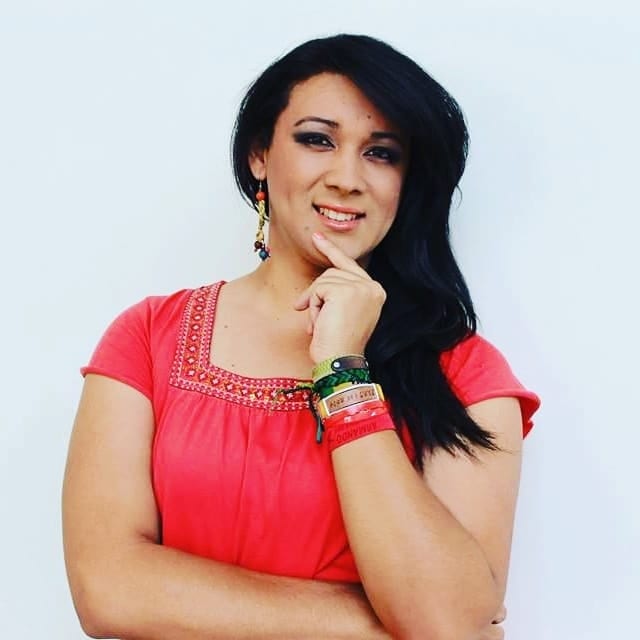
Current and former LGBTI elected officials, advocates, and civil society leaders from over 39 countries joined Victory Institute for the biannual LGBTI Political Leaders of the Americas Conference! Attendees enjoyed virtual networking and educational sessions covering political participation at both the local level and as part of a global movement, increasing transgender inclusion in the political process, combatting political violence and building committees.
This conference provides a platform for LGBTI leaders to share best practices and strategies from across the region in advancing democracy and equality. Participants were able to attend sessions with LGBTI public health and political leaders addressing how the well-evidenced disparate impacts of COVID-19 impacted LGBTI people and the fight for LGBTI equality, how allied movements (for example, the fights against femicides and battles for reproductive freedom) can coordinate and partner with LGBTI movements to better further justice, updates on the peace process in Colombia, and the advances in the new constitution in Chile together form a part of a regional and global movement.
The virtual conference was available in English, Spanish, Portuguese, and French and was attended by leaders from the United States, Brazil, Colombia, Nicaragua, Venezuela, Peru, among others. Notable panelists include Assistant Secretary of U.S. Health and Human Services Admiral Rachel Levine, Member of Mexican Congress Salma Luévano, Congressman of Guatemala Aldo Dávila, and UN independent expert Victor Madrigal.


This event was organized in conjunction with Corporación Caribe Afirmativo, a Colombian non for profit that works to advance the human rights of the LGBTI community. Other partner organizations included Diversidad Dominicana based out of the Dominican Republic, PROMSEX based out of Peru, YAAJ, based out of Mexico, and SOMOS CDC based out of Honduras.
First held in 2014 in Lima, Peru, this Conference was founded with the understanding that intentional organizing and advocacy is necessary to increase the share of political capital of LGBTI people in countries around the world.
By connecting activists with partner organizations and other LGBTI people in their country, we can begin to ensure these voices have a seat at the table in this region.

